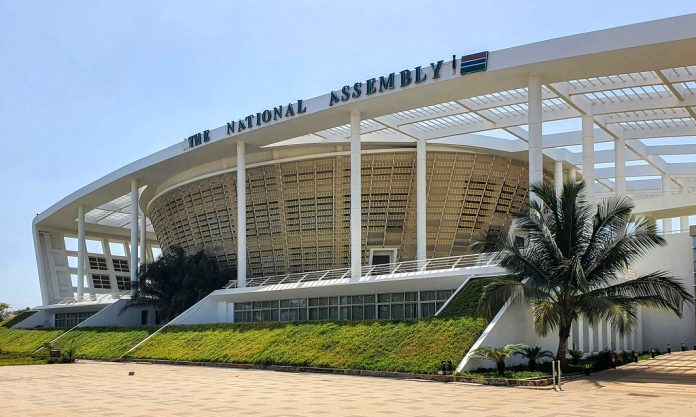By Assan Bah
The Joint Committee on Finance and Public Enterprise (FPAC) alongside the Public Enterprise Committee (PEC) of the National Assembly has unveiled alarming findings in its report concerning a $30 million scandal involving the sale of petroleum products in The Gambia. The investigation focuses on allegations that foreign businessmen utilized unlicensed local companies to conduct oil trade without fulfilling legal obligations, including tax payments.
The committee conducted thorough hearings with key officials, including two Permanent Secretaries from the Ministry of Petroleum and Energy. Their inquiry revealed significant lapses in policy formulation, regulatory oversight, and institutional accountability within the oil sector. Notably, they reported incidences of tax evasion, money laundering, and corruption tied to the sale of over 36,000 metric tonnes of oil.
During the hearings, one of the Permanent Secretaries clarified the licensing procedures, indicating that the Ministry of Petroleum and Energy issues licenses through the Public Utilities Regulatory Authority (PURA). However, he confirmed that unlicensed entities such as Apogee FZC, Creed Energy, and Ultimate Beige Logistics had not obtained necessary licenses. This inconsistency raised concerns since these companies played a significant role in oil imports and dealings.
Further into the investigation, the Permanent Secretary acknowledged a shift in policy that permits international traders to deposit oil directly into storage depots and sell to local Oil Marketing Companies (OMCs). In contrast, previous regulations required that only licensed OMCs could apply for storage space. This change raised questions about the legality and the cabinet’s endorsement of such a policy, as no documented cabinet review or approval had been presented.
The committee identified several letters from the Minister of Petroleum and Energy that purportedly outlined new policies but noted a lack of transparency and authenticity in these communications. Notably, the committee deemed one critical policy (MOPE/GOGP/PP/002) as fictitious due to its absence for verification.
The investigation concluded that the emerging policy changes seemingly favored Apogee FZC, allowing the company to operate outside customary regulations, which undermines fair competition within the sector. This alleged favoritism, along with the Minister’s questionable communications, prompted the committee to recommend immediate actions.
Among the recommendations, the committee proposed that the former Minister of Petroleum, Mr. Abdoulie Jobe, be held accountable for potential misconduct in office. The committee also urged the Cabinet to urgently review all three disputed policy letters and emphasized the necessity for all government policies to receive cabinet approval and be officially gazetted.
As the implications of this investigation unfold, the recommendations signal a critical need for reform in governance and regulatory practices to restore integrity and accountability in The Gambia’s oil sector.



















